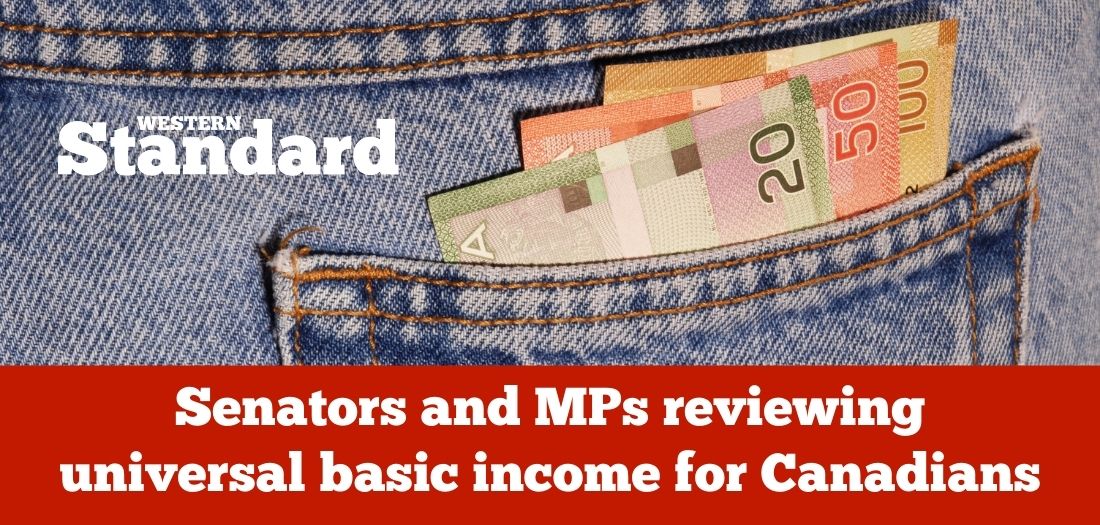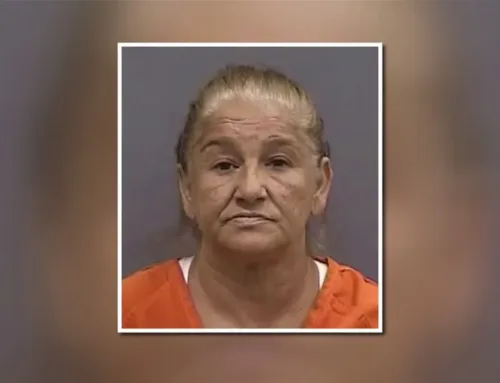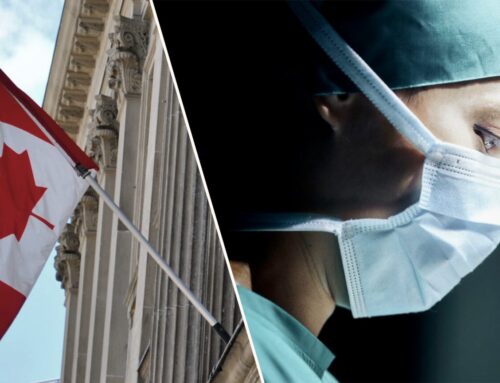By
March 6, 2022
-Western Standard
The concept of universal basic income (UBI) is being debated in Canada with two bills currently before the Senate and Parliament.
After the temporary Canada emergency response benefit (CERB) set the framework for a national basic income program, politicians are debating the feasibility of creating a standard livable wage for Canadians.
In December, Bill S-233 was introduced by Sen. Kim Pate and the similar Bill C-223 was tabled as a private member bill by NDP MP for Winnipeg Centre Leah Gazan. Both aim to establish a national framework for a guaranteed livable basic income for Canadians over the age of 17.
Senate and private members’ bills are rarely successfully passed.
UBI would essentially provide Canadians with a regular monthly payment from the government with no conditions attached, unlike employment income or old age security where what you earn outside of that benefit payment can be clawed back based on rising income levels.
A report published in April 2021 from the Parliamentary Budget Officer (PBO) estimated a guaranteed basic income program would cost taxpayers $87.6 billion for 2022-23. The PBO created a distributional analysis of the program based on parameters set out in Ontario’s 2017 basic income pilot project to assess the resulting reduction of poverty rates the program would bring about.

Ontario launched its basic income pilot in 2017 where 4,000 applicants were selected to receive monthly basic income payments for up to a three-year period. Less than a year into the program it was axed by Doug Ford’s newly-elected conservative government because it was “not going to be sustainable.”
“In 2018, the project ensured that participants received up to 75% of the low-income measure, estimated at $16,989 for a single person and $24,027 for a couple,” said the report.
“Individuals with a disability would receive a universal additional amount of $6,000 per year. The GBI is reduced as an individual receives more employment earnings, at a rate of $0.50 for every dollar of earnings.”
The report summary indicated that at a national level a UBI would, “significantly reduce poverty rates in Canada. The Market Basket Measure indicated that GBI would cut poverty rates by almost half in 2022, although this varies across provinces.”
A February 2021 report from Statistics Canada said there are approximately 3.7 million Canadians living below the poverty line, representing 10.1% of the population. Those numbers are based on 2019 income tax returns.
Where Canadian political parties are concerned, The Green Party and NDP both firmly support establishing a guaranteed livable income program.
Although the Liberal party has yet to commit to the creation of a UBI, there is strong support among party members to do so.
The Conservatives, Bloc Québécois and the People’s Party of Canada have not indicated they would support a UBI program in Canada.
CLICK HERE TO SUBSCRIBE TO THE WESTERN STANDARD, AND READ THE FULL STORY




